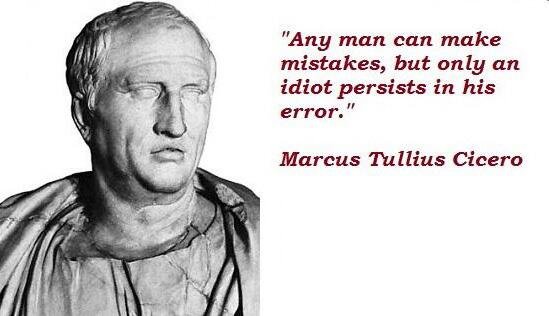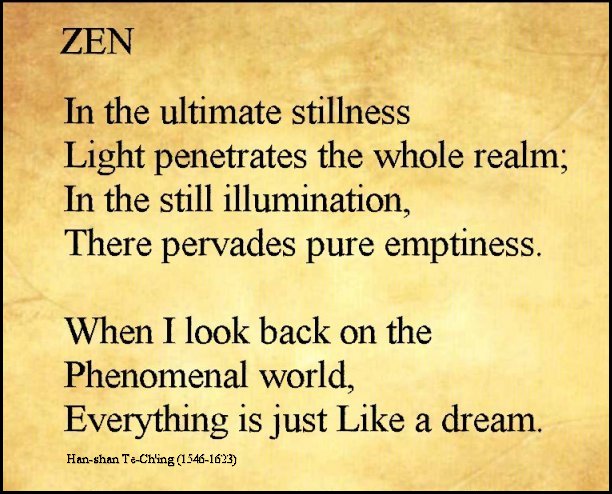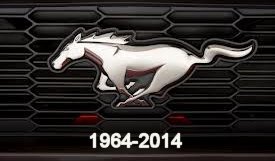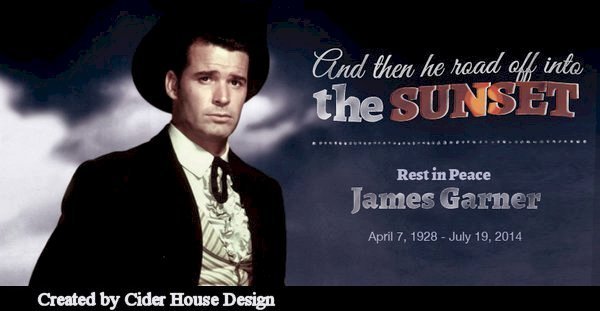
James Garner, the wry and handsome leading man who slid seamlessly between television and the movies but was best known as the amiable gambler Bret Maverick in the 1950s western “Maverick” and the cranky sleuth Jim Rockford in the 1970s series “The Rockford Files,” was found dead in his California home on Saturday July 19, 2014, the Los Angeles Police Department confirmed on Sunday. He was 86.
He described himself as a “bleeding-heart liberal” and had campaigned on everything from civil rights to the environment. The Democrats asked him to run for governor of California in 1990 but he believes too many actors go into office.
“Arnold Schwarzenegger wasn’t qualified for that post and neither was Ronald Reagan – let alone president. I was vice-president of the Screen Actors Guild when he was its president. Ronnie never had an original thought and we had to tell him what to say.”
Mr. Garner came to acting late, and by accident. On his own after the age of 14 and a bit of a drifter, he had been working an endless series of jobs: telephone installer, oilfield roughneck, chauffeur, dishwasher, janitor, lifeguard, grocery clerk, salesman and, fatefully, gas station attendant. While pumping gas in Los Angeles, he met a young man named Paul Gregory, who was working nearby as a soda jerk but wanted to be an agent.
Years later, after Mr. Garner had served in the Army during the Korean War — he was wounded in action twice, earning two Purple Hearts — he was working as a carpet layer in Los Angeles for a business run by his father. One afternoon he was driving on La Cienega Boulevard and saw a sign: Paul Gregory & Associates. Just then a car pulled out of a space in front of the building, and Mr. Garner, on a whim, pulled in. He was 25.
Mr. Gregory, by then an agent and a theatrical producer, hired him for a nonspeaking part in his production of Herman Wouk’s “Caine Mutiny Court-Martial,” which starred Henry Fonda, John Hodiak and Lloyd Nolan. It opened in Santa Barbara and toured the country before going to Broadway, where it opened in January 1954 and ran for 415 performances. Mr. Garner said he learned to act from running lines with the stars and watching them perform, especially Mr. Fonda, another good-looking actor with a sly streak.
“I swiped practically all my acting style from him,” he once said.
Mr. Garner claimed to have stage fright and no desire to act in the theater. He later played Lt. Maryk (the Hodiak role) in a touring company of the play that starred Charles Laughton, but afterward would almost never appear onstage again. Still, it was the serendipitous stop on La Cienega that changed his life.
“The only reason I’m an actor is that a lady pulled out of a parking space in front of a producer’s office,” he wrote in “The Garner Files.”
Mr. Garner disdained the pretentiousness of the acting profession. “I’m a Methodist but not as an actor,” he wrote in “The Garner Files.” “I’m from the Spencer Tracy school: be on time, know your words, hit your marks, and tell the truth. I don’t have any theories abut acting, and I don’t think about how to do it, except that an actor shouldn’t take himself too seriously, and shouldn’t try to make acting something that it isn’t. Acting is just common sense. It isn’t hard if you put yourself aside and just do what the writer wrote.”
Persuasively ambivalent as a hero of westerns, war movies and detective stories, Mr. Garner’s performances may have reflected his feelings about his profession.
“I was never enamored of the business, never even wanted to be an actor, really,” he told The New York Times in 1984. “It’s always been a means to an end, which is to make a living.”
The integrity of the lifelong Democrat served him well.
|










